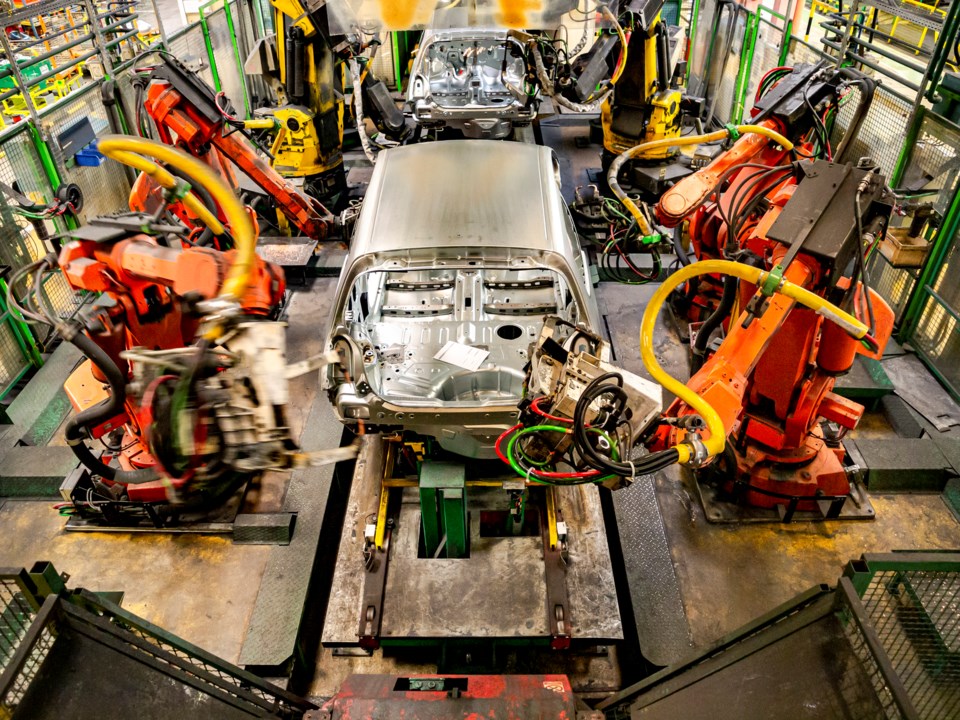The outbreak of war between Russia and Ukraine this week will not have major implications on the global supply chain outside of one potential item – shipping costs.
That is the assessment of one leading analyst, who noted that while he does not expect any large effects on global supply chains and trade due to the type of commodities produced by the Ukrainian market, Russia’s role as a major energy producer means that the ongoing spike in oil prices may knock-on to the price of running cargo vessels and other transportation modes.
“Putin's unprovoked and shameful war of aggression against the people of Ukraine is a humanitarian and political tragedy,” said Werner Antweiler, director of UBC Sauder School of Business’s Prediction Markets program and an associate professor. “What makes it worse is that Russia, as a large exporter of fossil fuel, is making money off it with every increase in the price of crude oil and natural gas.”
According to Freightos, which compiles data on a number of leading economic indicators such as freight prices, there has not been a large spike in recent days with the Baltic Index for containers – a figure economists refer to in order to assess current shipping costs for container freight. Similarly, Antweiler said the Baltic Dry Index for bulk goods – while up to 2,187 this morning (which is considerably higher than the 1,296 figure on Jan. 25) – is still well off the whopping 5,650 on Oct. 6 of last year.
“There is a notable uptick in February,” Antweiler said. “So freight prices are up a little, but not to the extent that it’s worrisome.”
That situation will likely not see any major changes, even if sanctions against Russia begin taking more of an effect on the Russian economy, he added.
No major effects, however, does not mean no effects. According to a New York Times report today, German automaker Volkswagen Group – one of the largest car manufacturers in the world – just announced it will pause two German ´Ú˛ął¦łŮ´Ç°ůľ±±đ˛ő’ production because some parts are made in Ukraine. As such, the war has interrupted deliveries of those parts, resulting in the temporary stoppage on production of electric vehicles at the VW factories.
“There are indeed some subtle supply chain repercussions,” Antweiler said.
However, Ukraine – while a significant manufacturer with 42.5% of its exports being manufactured goods – is still largely reliant on the export of agricultural products (45.7% of total exports) like sunflower seed oil, corn, wheat and other seeds/grains. The majority of these commodities are exported to Europe and Asia (specifically China), meaning that – if there is a disruption in supply – these markets are usually able to find alternative sources.
“Ukraine also provides various resources such as iron ores and iron products,” Antweiler said. “These are relatively generic goods that won’t affect supply chains much, as there are substitutes.”
Russian troops under the order of president Vladimir Putin launched attacks on Ukraine on Feb. 24, citing a multitude of reasons such as support of Russian citizens in the eastern Ukrainian regions of Donetsk and Luhansk, as well as Kyiv’s continued lean towards the West and its wish to join NATO. The attacks have been widely condemned in the Western world, and economic sanctions have begun on the Russian market.
One notable exception is China, which has declared support of Moscow’s position and has not levied any economic sanctions on Russia.




